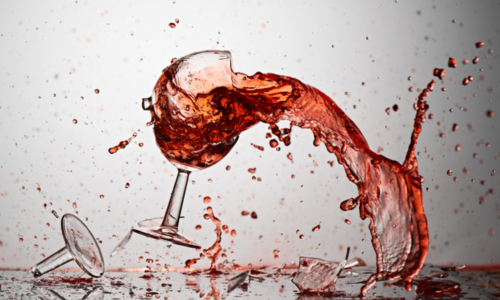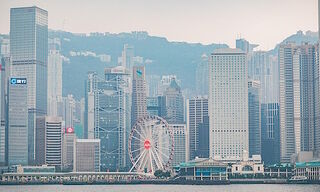Some 15 years ago, Chinese buyers started to acquire hundreds of Bordeaux wine estates. Many are now being sold off at deep discounts. What caused this dramatic reversal?
The Bordeaux wine region, renowned for its prestigious vintages, is witnessing a surprising trend: a firesale of vineyards previously acquired by Chinese investors.
As detailed in a recent report by «LUXUO», these properties are now being sold at fractions of their original purchase prices, a stark contrast to the optimism that defined their acquisition just over a decade ago.
From Status Symbols to Struggling Assets
The acquisition spree began in the late 2000s, as affluent Chinese buyers sought to capitalize on the booming demand for Bordeaux wine in their home market. Over 200 vineyards were purchased, often rebranded with auspicious names like «Gold Rabbit.» Investors, driven by China’s growing appetite for red wine, hoped to secure both financial returns and social prestige.
However, this enthusiasm has faded dramatically. The austerity measures introduced by Chinese President Xi Jinping in 2013 curbed extravagant spending, and subsequent capital controls further restricted outbound investments. By 2017, Beijing’s tighter regulations had crippled many Chinese-owned vineyards’ operations.
Falling Prices and Abandoned Properties
Meanwhile, China’s wine consumption has steadily declined, dropping by 25 percent in 2023 alone, according to the International Organization of Vine and Wine.
Many of these estates are now returning to the market. Château Latour-Laguens, one of the first Bordeaux properties bought by Chinese investors in 2008, exemplifies the downturn. Initially purchased for 2 million euros ($2.1 million), the estate is now listed for just 150,000 euros, its vines abandoned and buildings in disrepair, as «LUXUO» notes.
French Investors Reclaiming Territory
Other properties face similar challenges. Labor disputes, cultural clashes, and absentee ownership have plagued operations, leading to unpaid wages and management controversies. A local union representative noted that Chinese proprietors often lacked the trust needed to work effectively with French employees, compounding operational difficulties.
Amid this turmoil, French buyers are stepping in to reclaim these iconic estates. Notable among them is Château Loudenne, symbolizing a broader effort to restore the heritage of Bordeaux’s wine culture. Yet, even as sales continue, experts caution against overly optimistic projections for Bordeaux’s future market stability.
Lesson for Both Sides
Jerome Baudouin, editor of La Revue du Vin, described the episode as a «mirage.» Both Chinese buyers and Bordeaux producers misjudged the market dynamics, expecting sustained growth and high returns. Instead, what unfolded was a cautionary tale of cultural and economic misalignment.
The firesale highlights the risks of speculative investments in luxury markets. For Bordeaux, it offers a bittersweet opportunity: a chance to restore local ownership but at the cost of enduring reputational and financial upheaval.



















